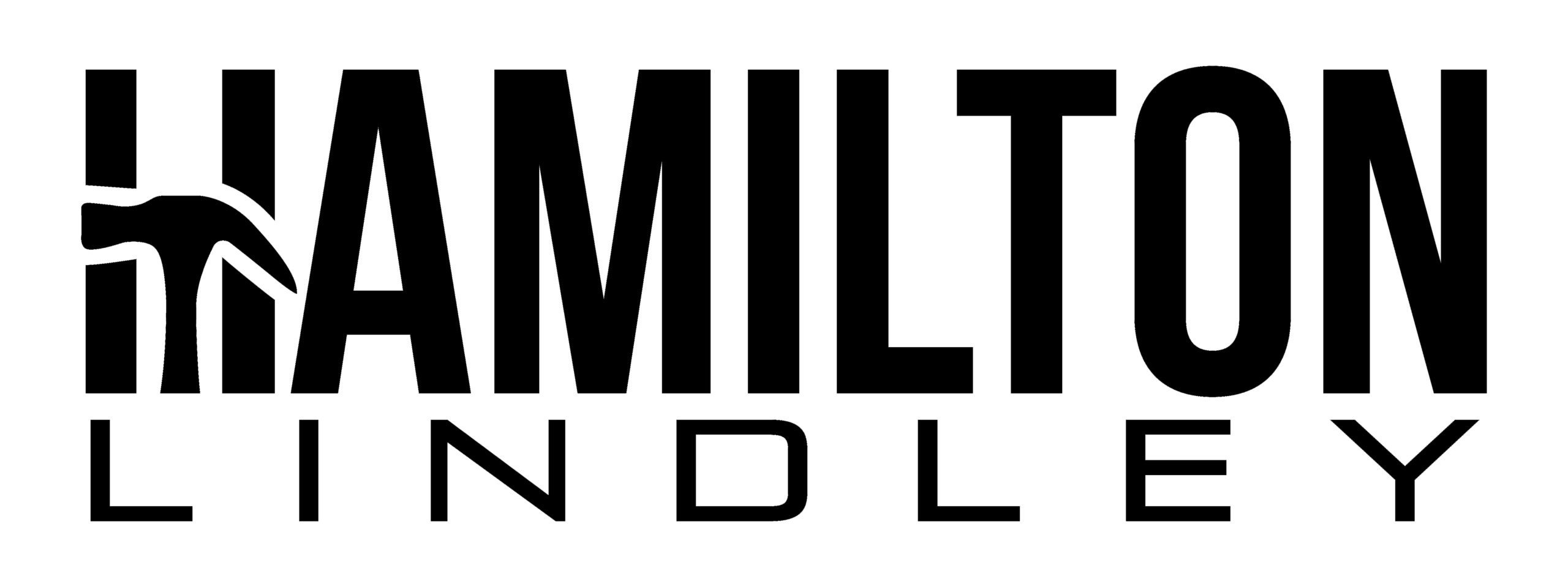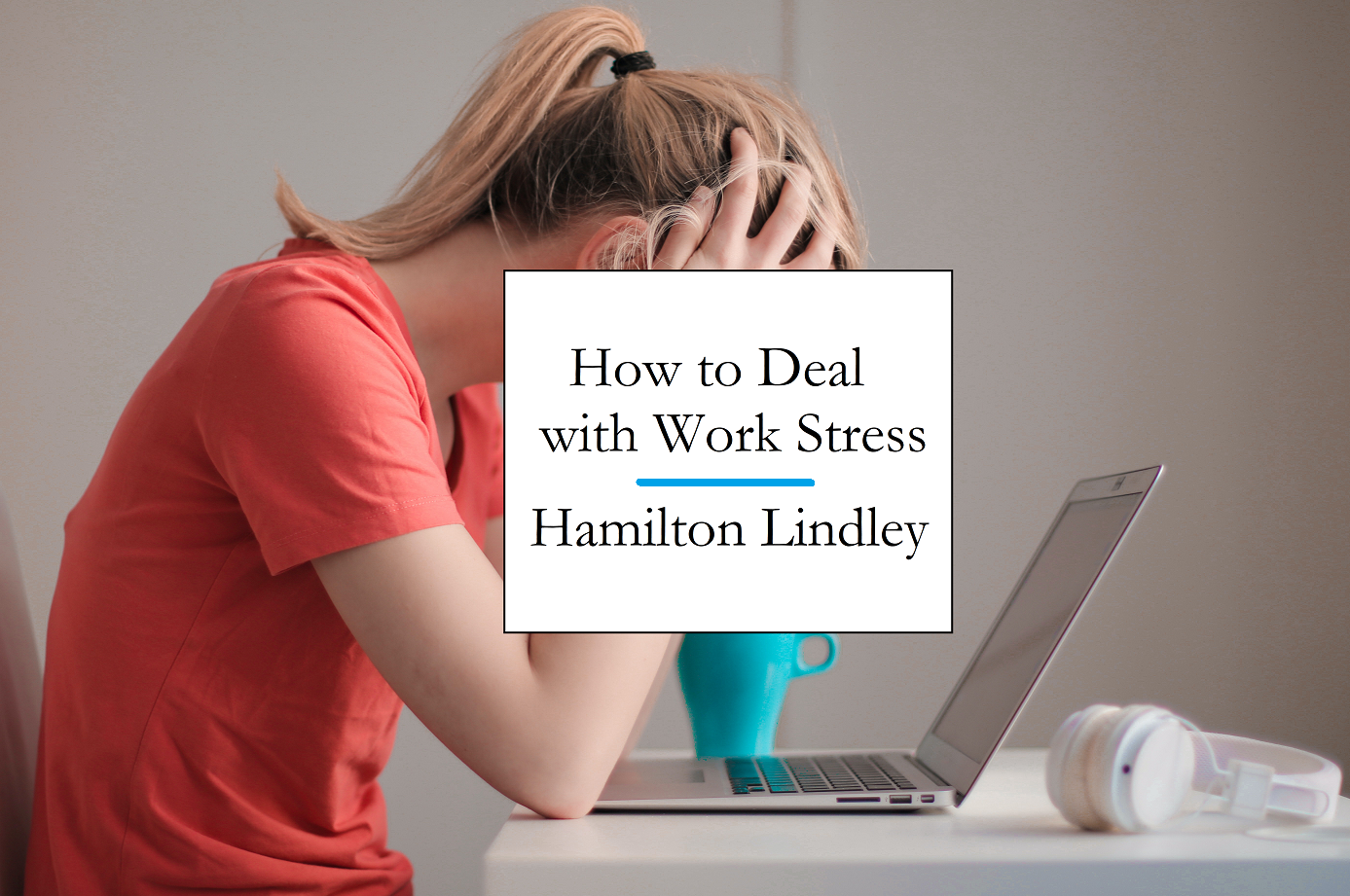Workers are feeling tired. Only 32% of workers worldwide say they’re doing well. It’s not surprising since 43% of people feel a lot of stress every day. Some stats even say 61% of U.S. workers might feel this way. If you’re stressed at work, you’re more than three times likely to look for a new job.
Now, workers are asking for more mental health support from their bosses. Companies are offering things like virtual mental health help, spontaneous days off, meeting-free days, and flexible schedules. But if you don’t genuinely recover, these efforts won’t work. What can you do if you feel like work stress is burning you out?
Understanding Stress Recovery
Recovery means going back to how you felt before stress, like anxiety or tiredness. It’s like a skill because you need to know what works for you and practice when and how to recover.
Jobs that need high performance under stress, like pilots or athletes, understand the importance of recovery. Pilots even have rules to rest during and after duty. Recovery is part of training in these industries. It’s not only when people feel tired but also for their feelings, moods, energy, learning, growth, and performance.
The Recovery Problem
There’s a problem with the recovery process. When we need to recover the most, we’re least likely to do something about it. For example, when work is hard, we might work longer and take fewer breaks. We might also eat less healthy when stressed. As we get more tired, we don’t have the energy or desire to take breaks, and it makes us more tired the next day. Company cultures that push working without enough sleep or always being in a rush make it worse.
You need to figure out what works best for you and create a plan to fight this problem. It’s important to know that what relieves stress isn’t always obvious. Based on observations and research, here are five ways to make recovery work for you.
- Mentally distance yourself from work.
After a hard surgery, doctors play video games to relax. No matter what activity helps you relax (reading, running, playing games, cooking, etc.), it’s crucial to mentally “turn off” work thoughts. Stress builds up during the day, making us think about work even after it’s over. Just thinking about work makes it harder to recover.
Recovery can only happen when our minds are back to normal, so we must help by mentally removing work thoughts. It helps to practice mindfulness too, training your brain to focus on the present. Learn what makes it hard for you to mentally distance yourself from work and find ways to deal with it.
- Use microbreaks during the workday.
Set an alarm to remind you to take breaks every two hours. Microbreaks, short breaks of about ten minutes, are effective for recovering from daily work stress. Activities like short meditation, eating a healthy snack, socializing, or doing something that needs focus can help.
Avoid pushing through the day thinking it’ll be easier to recover later. Make a plan for daily microbreaks using smartphone apps.
- Consider your preferred recovery activity.
Choose activities you enjoy for recovery, not ones you’re forced into. Research shows that having control over your recovery is better than not having a say. For example, if you enjoy socializing at lunch, it helps you recover from stress. But if you’re less eager to socialize but do it anyway, it drains your energy. Pay attention to how you spend your lunchtime and try to engage in your preferred recovery activities.
- Prioritize high-effort recovery activities.
Even though it might seem like passive activities are better for recovery, research shows that more vigorous activities may be even more beneficial. Find an activity you love for fitness or try challenging activities that require commitment, attention, and time. These “mastery experiences” help you develop new skills and restock your resources for work.
- Modify your surroundings for better recovery.
Your environment is important for recovery. Being in nature or having a window view can improve stress relief and reduce burnout risk. Even indirect exposure to nature, like looking at pictures, helps with recovery. Try to stay connected to nature at work by using outdoor spaces, opening windows, taking short walks, and suggesting outdoor meetings when possible.
Creating and following a recovery plan can keep your energy, well-being, mood, motivation, and performance high. Use these recovery tactics to develop and follow a plan that supports your energy and performance over time.

